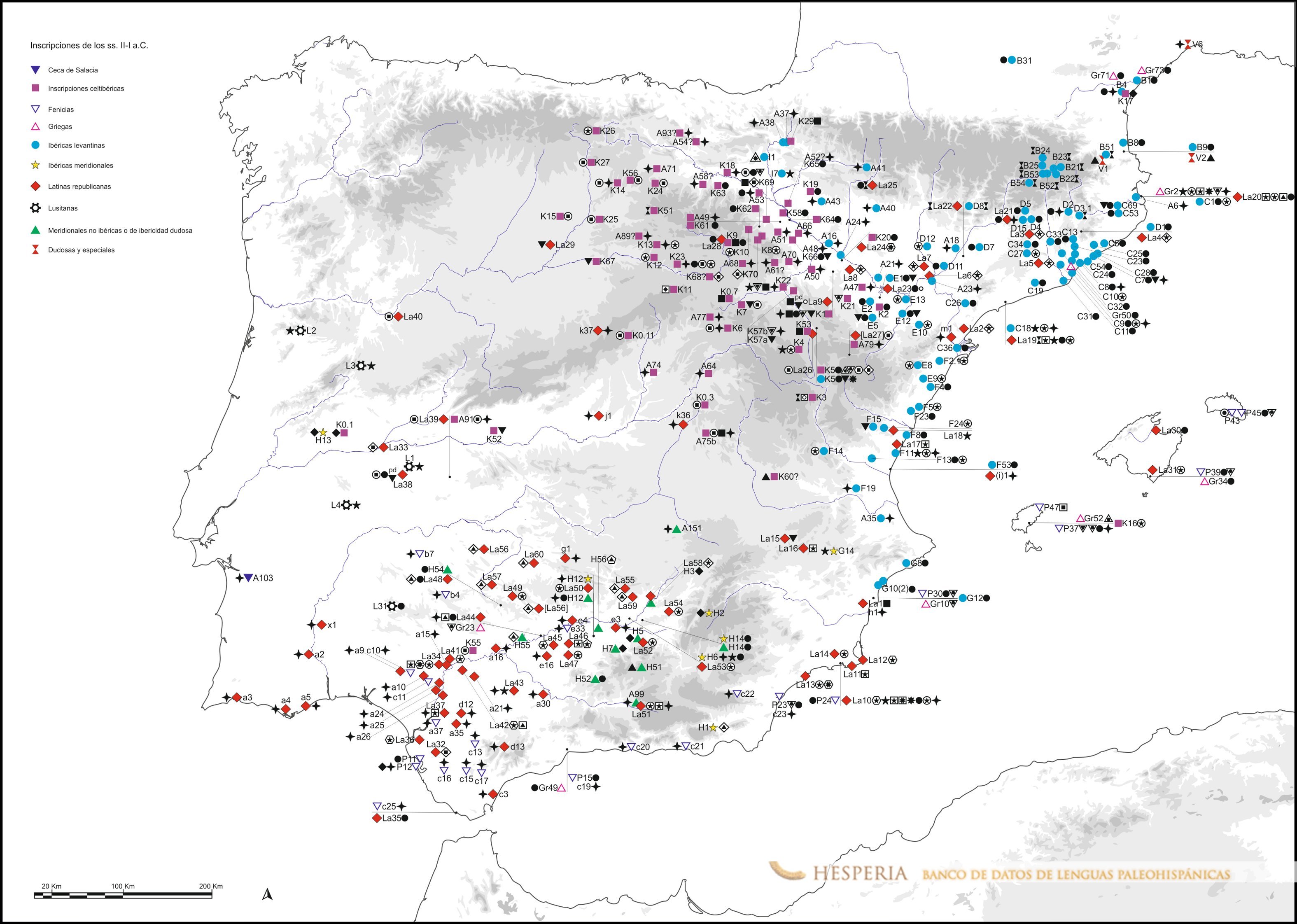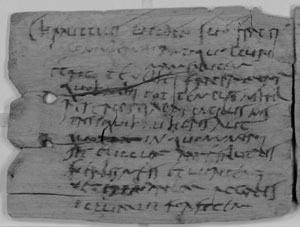This summer the LatinNow team went through a lengthy recruitment process to hunt for two world-class Research Fellows who would work on LatinNow’s most westerly area, the Iberian peninsula, and the most easterly, the Germanies, Noricum and Raetia. The problem was not that these were hard to find, but that there are so many excellent researchers in this field: over 50 applied, the majority based on the Continent and well qualified. This highlights the interest and specialism in ancient epigraphies and, in a period where opportunities in academia are few and far between, the value of the support from funders such as the ERC. In mid-September the LatinNow team was delighted to welcome two fantastic Fellows.
Noemí Moncunill Martí has taken on the Iberian peninsula. Noemí completed her PhD at the University of Barcelona, and has worked in different Universities in Spain, at the Sorbonne, Paris, and at KCL, London. She is a renowned expert on the Palaeohispanic languages, whose books include an introduction to Iberian (with Javier Velaza), a lexicon of Iberian inscriptions, a book on Iberian personal names from Catalonia and a forthcoming volume in the prestigious series Monumenta Linguarum Hispanicarum. On LatinNow she will be using her deep knowledge of the indigenous communities to understand the process of Latinization in the peninsula, starting with a fascinating period of change in the Republican period.
 Map from Hesperia showing palaeohispanic inscriptions after the 3rd century and Latin Republican inscriptions. © 2005 Javier de Hoz and Daniel Romero. Departamento de Filología Griega y Lingüística Indoeuropea · Universidad Complutense de Madrid.
Map from Hesperia showing palaeohispanic inscriptions after the 3rd century and Latin Republican inscriptions. © 2005 Javier de Hoz and Daniel Romero. Departamento de Filología Griega y Lingüística Indoeuropea · Universidad Complutense de Madrid.
Francesca Cotugno has recently completed a doctoral thesis based jointly at the University of Pisa and Ghent on the sociolinguistic variation in non-literary documents from Roman Britain. She has published several articles on Latin linguistics and has already spent time at the Centre for the Study of Ancient Documents, Oxford, using Reflectance Transformation Imaging to try to read stylus tablets from Britannia. On LatinNow she will be using an interdisciplinary methodology to explore the sociolinguistic complexity of our eastern provinces. It will be exciting for Francesca to work on Latin materials from the Continent, from where many of the authors of the Vindolanda tablets, on which she has worked extensively, come.
